
Shocking: A Mission to Mars Could ‘Destroy’ Astronauts’ Kid.neys — What Is NASA Warning About?
A new wave of concern has emerged among space scientists as recent findings suggest that long-duration missions to Mars may pose a serious threat to astronauts’ kidney health. According to NASA-supported research, prolonged exposure to microgravity and cosmic radiation could trigger irreversible kidney damage — potentially putting future Mars exploration at risk.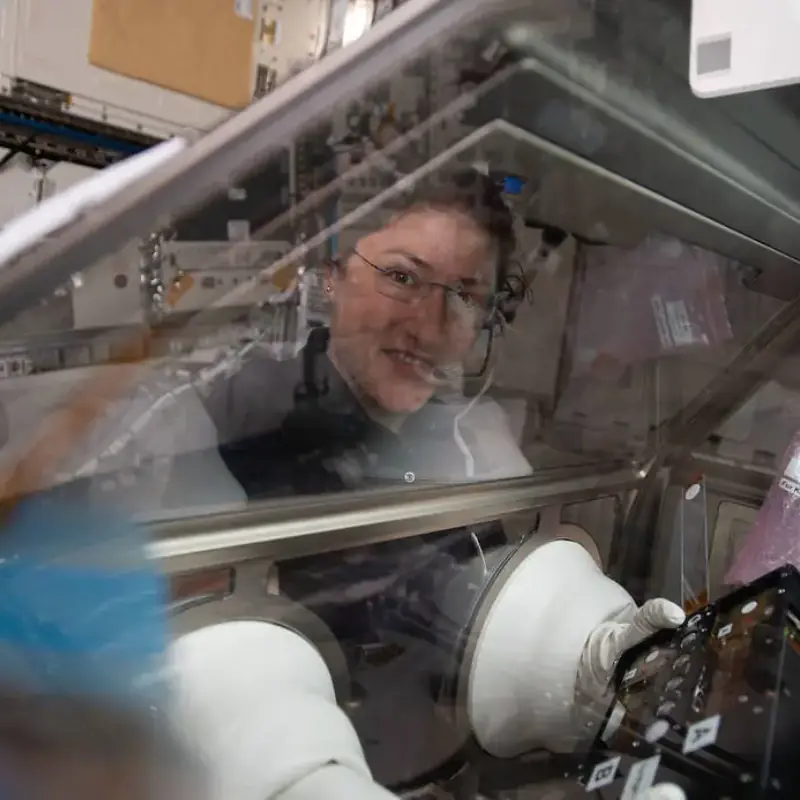
Kidneys Under Threat in Deep Space
For years, scientists have known that the human body changes drastically in space, from muscle loss to weakened bones. But only recently have researchers begun uncovering the true extent of how spaceflight impacts the kidneys — vital organs responsible for filtering blood, balancing fluids, and regulating blood pressure.
Studies on astronauts returning from long missions aboard the International Space Station (ISS) show early signs of kidney stress, including changes in kidney structure and reduced ability to process minerals. These changes may be reversible after short missions, but deep-space travel is a different story.
Radiation: The Hidden Danger Beyond Earth's Shield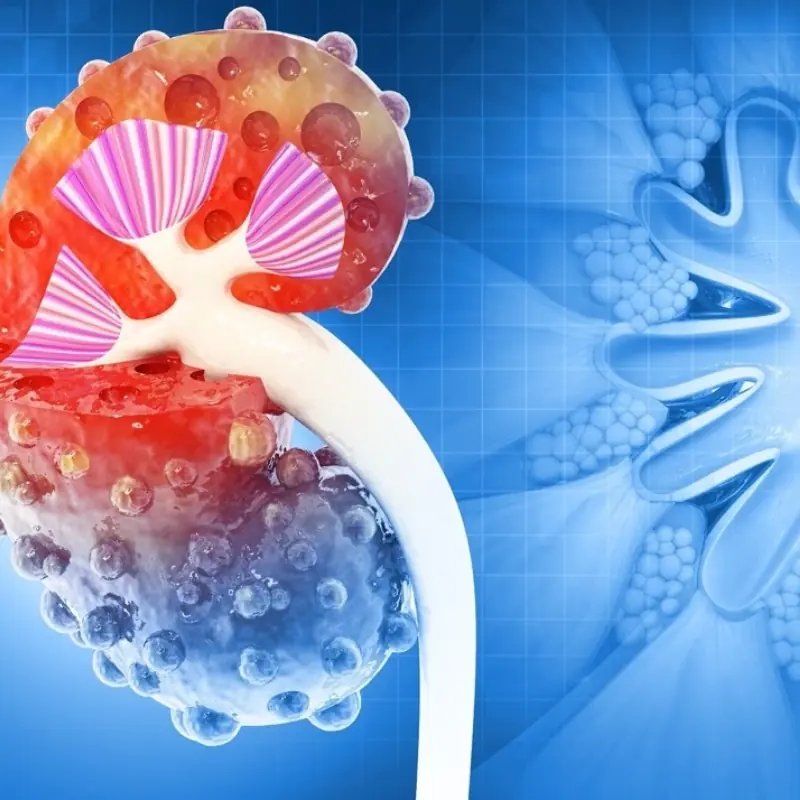
Earth’s atmosphere protects humans from most cosmic radiation. But once astronauts travel beyond low Earth orbit — such as on a journey to Mars, which can take more than 7 months one way — they are exposed to far higher levels of radiation.
NASA scientists warn that this radiation can damage kidney cells and impair filtration functions. Over time, this could lead to conditions such as:
-
Kidney stones
-
Chronic kidney disease
-
Impaired waste elimination
-
Irreversible kidney failure
In extreme scenarios, the damage could be severe enough to jeopardize the entire mission.
Microgravity Complicates the Problem
Without gravity, the body’s fluids shift upward. This increases kidney workload and contributes to mineral imbalances that promote stone formation. NASA notes that kidney stones in space are a medical emergency — and there are no hospitals on Mars.
Why This Matters Now
NASA's Artemis program and upcoming Mars mission plans aim to send humans deeper into space than ever before. As the agency moves closer to these goals, understanding health risks becomes essential.
Kidney failure in deep space would be life-threatening, especially when astronauts are months away from Earth and without evacuation options.
What NASA Is Doing About It
To mitigate the risk, NASA and global partners are exploring:
-
Radiation shielding technologies
-
Advanced spacecraft medical systems
-
Protective medications
-
Improved astronaut diet and hydration protocols
-
Artificial gravity research
Although the findings are alarming, they also offer a critical opportunity to prepare for safer human exploration of Mars.
The Road Ahead
The warning is clear: before humanity sets foot on Mars, we must solve the kidney problem. NASA remains optimistic but acknowledges that missions will require new medical safeguards.
As researchers continue to uncover the biological impacts of deep-space travel, one thing is certain — the human body is still the biggest challenge in reaching the Red Planet.
News in the same category


She Walked Away and Chose Her Son Over Me — But It Was Grandma Who Stepped In and Taught Her a Lesson That Changed Everything Forever

10 signs that you have kidney disease without knowing it

10 Warning Signs That May Indicate Abnormal Cell Growth in the Body

8 Ways To Get Rid Of Phlegm And Mucus In Chest And Throat

Stretch your ring finger with your thumb and hold it for a few seconds. you'll love the reason!

4 “Can.cer-Causing Culprits” Hiding Quietly in Your Home

Black beans combine these two types of seeds to become a 'miracle drug': Increase collagen production, slow down aging, prolong life 👇 👇

Woman goes to the doctor for indigestion, finds out she has liver can.cer: Doctor panics: "Who eats breakfast like this for 20 years?"

9 foods with natural anti-can.cer prop.erties, eat regularly and can.cer cells will "not have a chance to visit" 👇
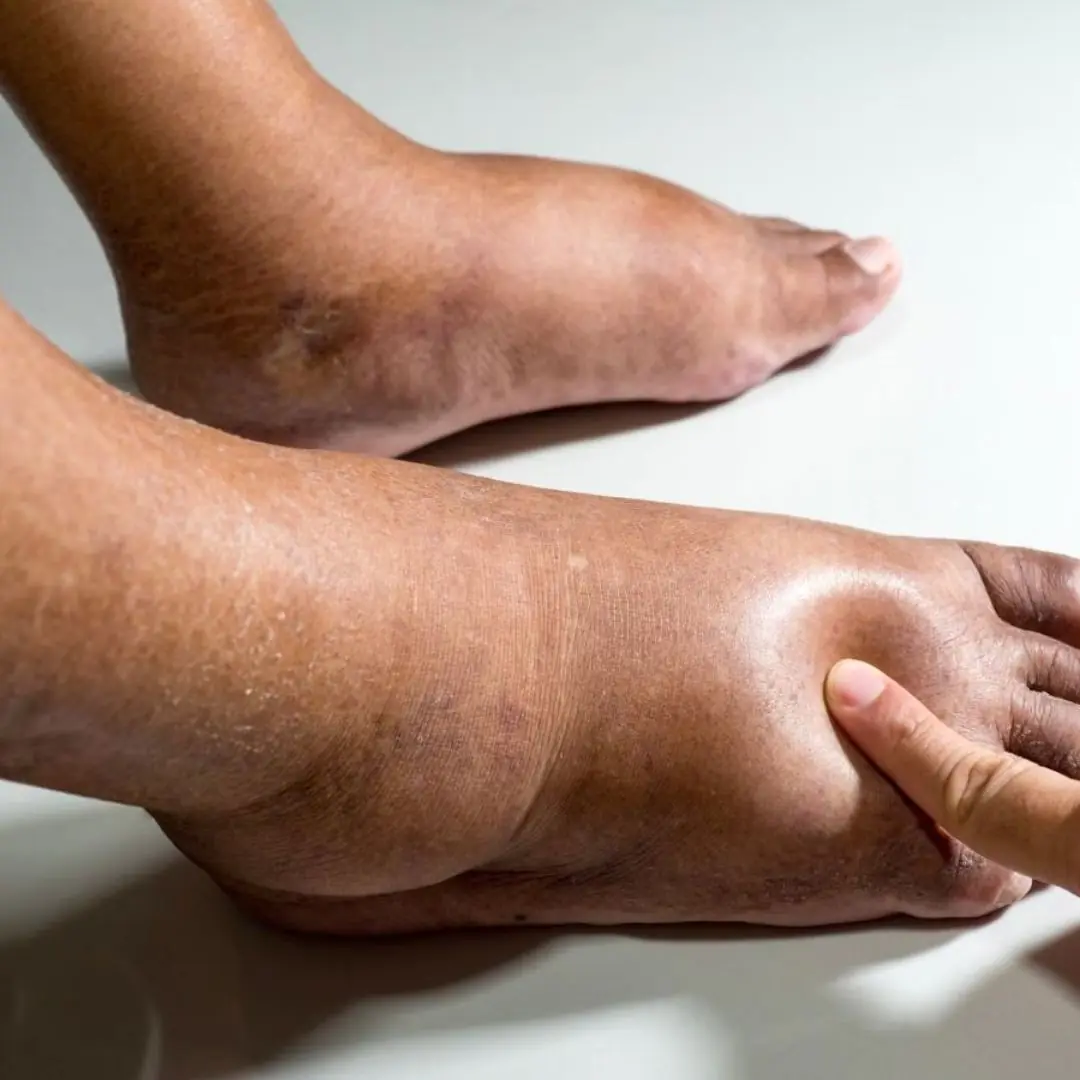
Foods that can ease swelling in hands and feet
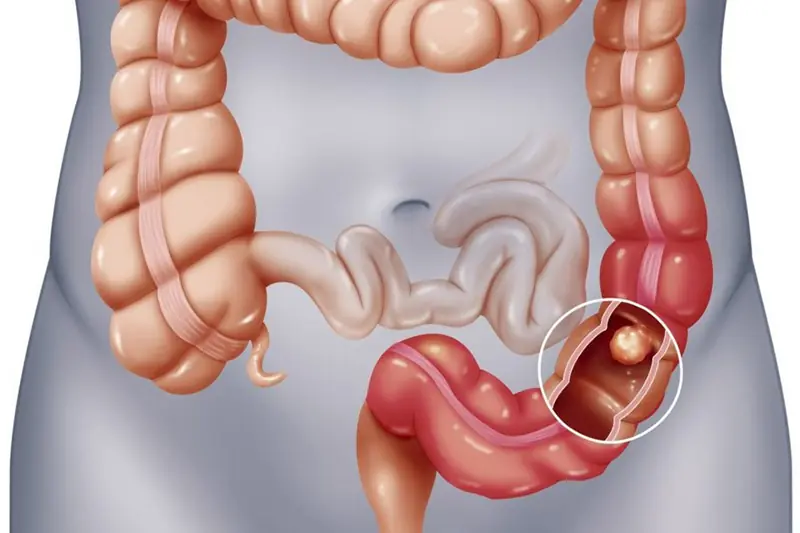
5 signs to help detect colitis early, the first signs of which are often overlooked

6 Foods You Should Never Combine With Honey
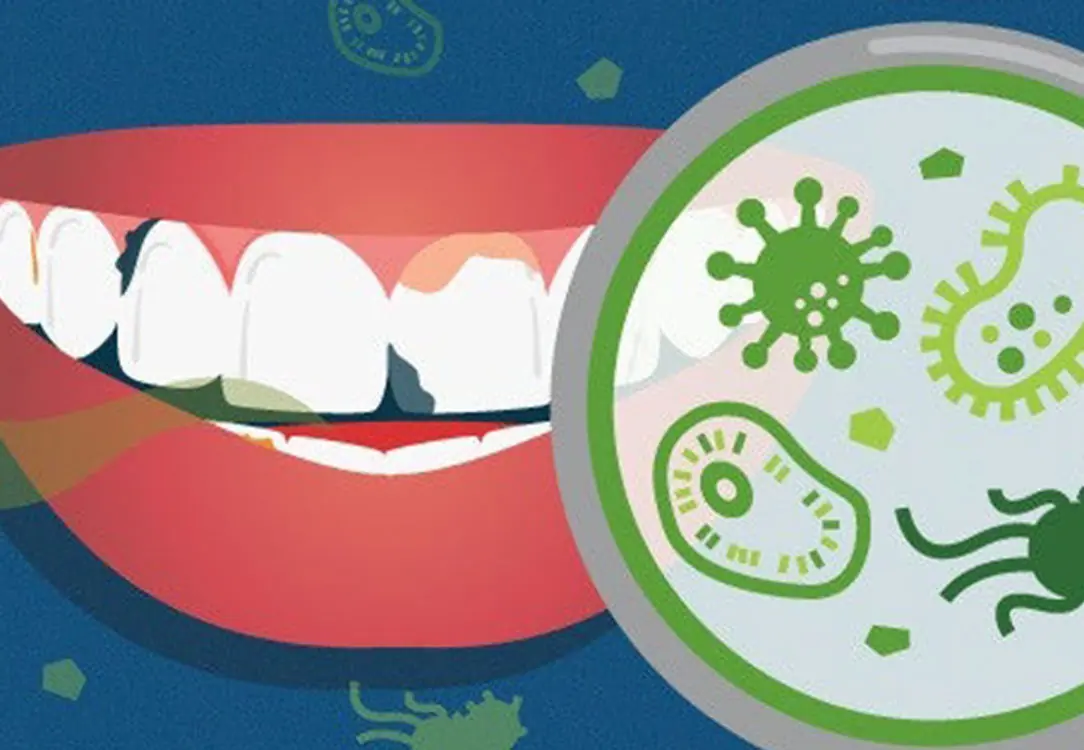
Poor Oral Health Linked to Increased S.troke Risk

5 Silent Warning Signs of High B.lood Pressure You Should Never Ignore

She Spotted These 5 Colon Ca.nc.er Symptoms Early — Here’s What You Should Watch For

If your feet show these 5 signs, it may be a warning of a serious condition
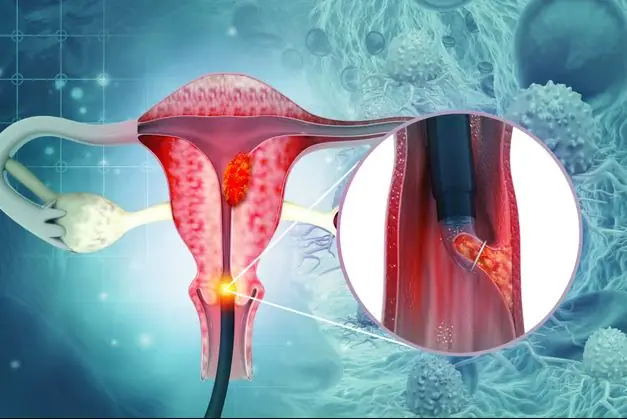
Cervical Can.cer: Are You in a High-Risk Group?

6 Silent Warn.ing Signs of Br.east Can.cer Women Often Miss — Don't Ignore These Signals
News Post

My Mother-In-Law Moved In—and Claimed My House Was Actually Hers

I Saw My Husband Holding Hands With a Stranger—But She Called Me Mom

The Last Lantern Whale

— You’re fired! Get out of the company, you talentless fool! — the mother-in-law threw at her with malicious delight, pushing her daughter-in-law out of the office door

Classic Crème Brûlée Recipe

My Mother-in-law Broke Down Our Door And Changed The Locks While We Were Away On Duty

Chicken Caesar Pasta Salad

Whiskers Beneath the Willow Tree

A millionaire gifted me a house as a mother of five and when I entered and read the note left inside, I froze in sho.ck

The surgeon was preparing for an operation — and suddenly recognized in the patient… his own father, who had disappeared 20 years ago!

Crispy Golden Fish & Chips

“Surgery is a risk. And what if it doesn’t help? Money down the drain, no dacha, no car… Maybe we should wait a little longer?” the husband told his wife

“You don’t belong at the table. It’s my birthday — your place is in the kitchen,” the husband declared to his wife

Rainbow Veggie Pinwheel Board – Eat the Rainbow!

Tropical Fruit Burst Shots

An unexpected confession brings a couple closer and welcomes a healthy daughter

A surprising second chance: how love and family brought us back together

For a bet, the Fat Man marries the Chubby Girl, and on their wedding day, she surprises him with a twist
